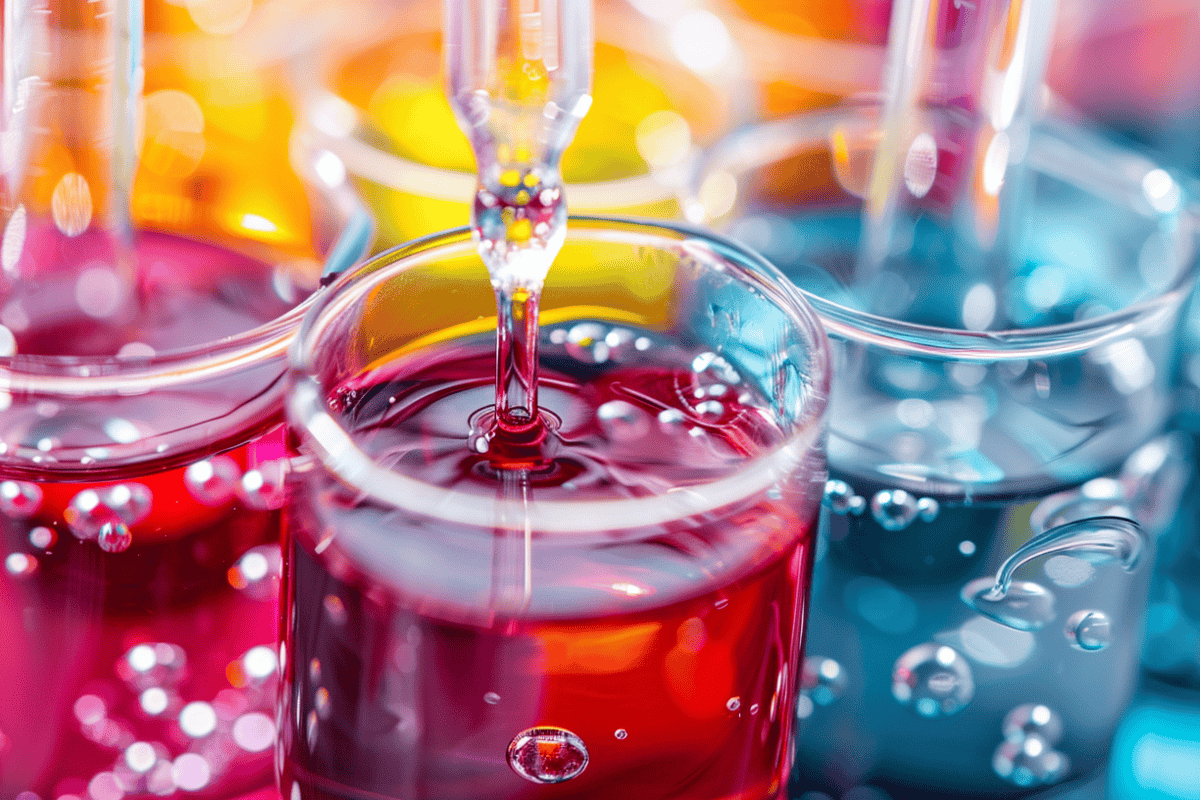Alcohol abuse refers to the inability to control the amount of alcohol you take. Individuals with alcohol use disorder might experience challenges working and leading a healthy lifestyle. Due to the inability to lead an everyday life, these individuals may develop mental health issues such as depression and anxiety, which might worsen their drinking habits.
Unfortunately, many alcoholics live in denial and aren’t ready to confess they’re suffering from this disorder. This makes it difficult to seek treatment, worsening the issue. However, there are signs and symptoms you can look out for to determine if someone is suffering from an alcohol use disorder. Moreover, there are treatments option that has been proven to treat the issue. Therefore, take the first step and seek professional treatment before the issue gets complicated.
This article discusses the signs of alcohol abuse and the available treatment options. Read on.
Signs Of Alcohol Abuse
Like most untreated disorders, there are signs associated with alcohol abuse. When alcohol consumption begins interfering with one’s daily life, making it challenging to do things they once did effortlessly, the condition is referred to as alcohol use disorder (AUD). Recognizing red flags and seeking medical intervention is key to preventing the issue from escalating.
Here are some common signs that manifest in most people with alcohol use disorder:
- Drinking Secretly: Many individuals with alcohol abuse issues are more likely to drink secretly to prevent others from noticing their behavior.
- Temporary Blackouts Or Short-Term Memory Loss: Some people who abuse alcohol report temporary blackouts and memory loss. Blackouts may result from alcohol intake occur due to quick alcohol ingestion, which may result in too much alcohol in the bloodstream. This increases the likelihood of experiencing blackouts.
- Excusing Their Drinking: People with this disorder tend to find excuses for their drinking habits. Some say they drink to reduce stress or relax.
- Experiencing Hungover When Not Drunk: Hungover is only expected after drinking. Unfortunately, alcoholics experience it even before drinking.
- Showing Signs Of Irritability And Extreme Mood Swings: After indulging in excess alcohol, an individual can experience mixed emotions and feelings, especially once its impact on one’s body has subsided. Many alcoholics get frustrated and angry after realizing their foggy brains can’t think clearly or recall what transpired.
Other signs of alcohol use disorder include preferring to drink over responsibilities or tasks, changing friends, and becoming isolated and distant.
Regardless of how minor drinking can be, it’s vital to avoid ignoring alcohol abuse signs. Suppose you want to confirm if someone has been drinking and the level of alcohol they’re taking; you can consider getting an alcohol testing. You can visit www.lextox.co.uk for more information.
Treatment Options For Alcohol Abuse
Alcohol abuse is a disorder known as alcohol use disorder. And like other disorders, it has various treatment options available. Unfortunately, most people with alcohol use problems don’t know there are several treatment options. Most people believe that once you’ve been diagnosed with this disorder, you must take the 12-step program or 28-day inpatient rehab. As a result, most of them shy away from seeking professional help for fear of being locked away. However, this is far from the truth and shouldn’t stand in the way of getting treatment for alcohol use disorder.
As far as the treatment options for this issue are concerned, there’s no one-size-fits-all. Every patient has what works better for them. For this reason, your doctor will assess your situation and prescribe the ideal treatment for your case. Treatment options for alcohol abuse include:
- Medication
Unlike what most people think, there are approved medications used to help and treat people with alcohol use problems. Your doctor will prescribe these medications after the diagnosis and the assessment of your state. While these medications can reduce the urge to take alcohol and relapse, they’re used together with counseling for better results.
- Behavioral Treatments
There are behavioral treatments available to help people suffering from AUD. This treatment method aims at changing one’s drinking behavior via counseling. Behavioral therapy for alcoholism has been used for decades and has proven to work. However, for this treatment to work, the patient must be willing to collaborate and adhere to the guidelines provided by the doctor.
- Detox And Withdrawal
Sometimes, a doctor can prescribe a detoxification program. This is a type of medically managed withdrawal. Alcohol detoxification takes between two and seven days. You might need to take sedating medication to reduce withdrawal symptoms during this period. Detox and withdrawal are mainly made in the hospital or inpatient facility.
- Mutual-Support Groups
This treatment includes the 12-step program that supports people struggling with alcohol abuse. This program is designed to help individuals overcome alcohol addiction and stay sober. Participants cooperate with professionals to ensure they maintain abstinence. Combined with treatment and headed by a health professional, a mutual support group can help one recover and remain sober.
Conclusion
Alcoholism is a global menace affecting thousands of people daily. Unfortunately, children aren’t exempted since many live with an alcoholic parent or guardian. For this reason, alcoholism should be dealt with in all ways possible.
Fortunately, this disorder is treatable. Therefore, people with this disorder to seek professional help as soon as they determine they might be having issues controlling their drinking to prevent developing other issues that might be fatal.
Digital Health Buzz!
Digital Health Buzz! aims to be the destination of choice when it comes to what’s happening in the digital health world. We are not about news and views, but informative articles and thoughts to apply in your business.


